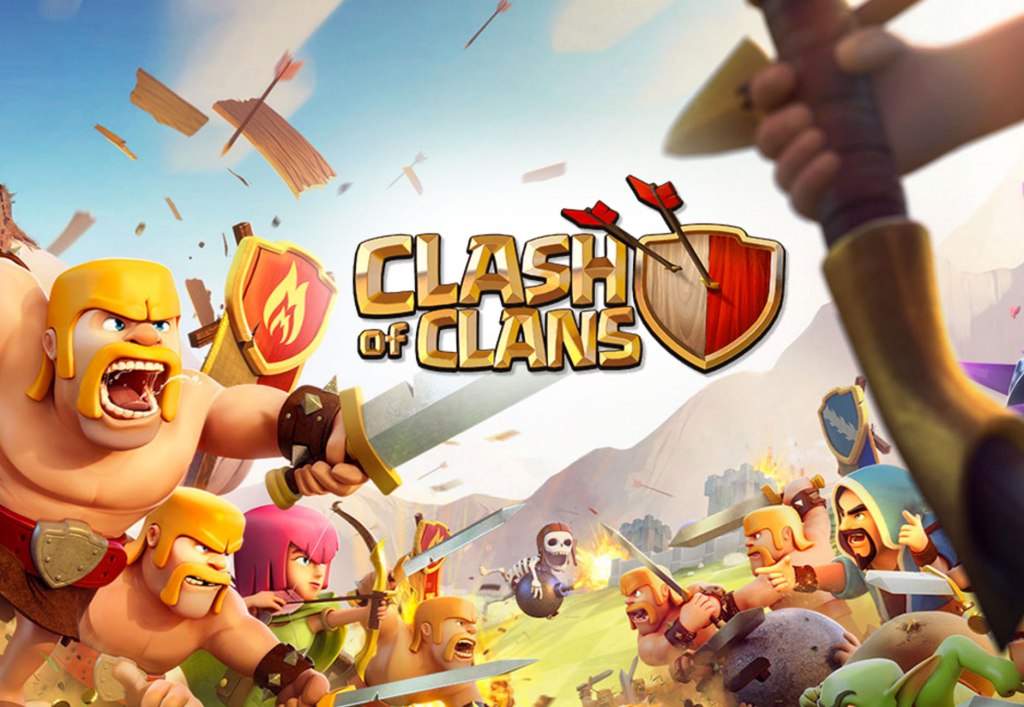Mobile games maker Supercell has been one of the great, understated breakthroughs of the European startup world. The Helsinki-based mobile games maker built an empire out of Clash of Clans, raking in tons of money and catching the eye of world-class investors and eventually a new strategic majority shareholder in the form of Tencent at a $10.2 billion valuation.
 That was in 2016. So how does a hot startup keep its edge?
That was in 2016. So how does a hot startup keep its edge?
As part of this year’s virtual Disrupt, we sat down to talk with the company’s founder and CEO, Ilkka Paananen, about that and the other challenges and opportunities facing the company, and asked for his tips and opinion on spinning up and running startups in Europe today.
Times are definitely not easy right now: all of us are living through a global health pandemic, and economies as a result of that are teetering; and there is an interesting sea change happening as gaming companies (along with other content makers) face off against big tech, where there’s a question of whether platforms or the games themselves have the upper hand. (The most visible and recent example of that: the counter-lawsuits between Epic and Apple over in-app payments.)
For Supercell specifically, its majority owner, Tencent, is in hot water in the U.S. (a major market for Supercell); and it’s sitting on a still-popular but now-ageing game franchise that you could argue is in the middle of its own Battle Royale against the many other big games that are vying for people’s attention (and spending power to keep playing and levelling up). In short, the company itself, now 10 years old, may itself be facing more existential questions of who are we now, and what comes next?
As you’ll see in the video below, Paananen is very sanguine and calm, which is to say quite Finnish, about a lot of this.
Even without the experience thus far of Supercell under his belt, he has been in the industry for years. Supercell is his second big hit company: before that he founded Sumea, which was acquired by Digital Chocolate, where he became president in the now-defunct bigger studio’s heyday. And, he has been and is an investor, too: most recently Paananen backed Zwift, the gamefied home fitness startup, in its most recent, $450 million round, which included him joining the company’s board. All of this is to say that he can see the bigger picture.
The Tencent issues in the U.S., he said, are something that the company is watching. But not only are they unresolved — indeed just this week, ahead of any proposed bans on Tencent properties and WeChat in particular, the U.S. government issued more clarification on how people are liable for using WeChat. In any case, Paananen said in the interview that he believes that Supercell doesn’t fall under the U.S. executive order to be shut down, because Tencent is only a shareholder, not a full owner. He’s still waiting to see how it all plays out.
“Our current understanding [is that] it’s about WeChat not Tencent as a whole,” he said, “and that it doesn’t apply to Tencent-invested companies like Supercell.” (Also: one of the good things to have come out of not getting fully acquired, it seems.)
Similarly, Paananen is not overly concerned about the fact that its big hit, while still one of the highest-grossing apps globally, is getting on and slowly bringing in fewer revenues.
Judging by the fact that Supercell has yet to follow up with another successful franchise, and has killed quite a few attempts in the meantime, the process to produce a hit, in fact, still seems to be as elusive to a company that has produced a hit already as it is to those that have not.
“It would be nice to be always on this kind of a growth curve, but the reality is… it’s very much about hits or misses,” he said.
“Sometimes figures go up, and sometimes they go down [so] what’s your time horizon? We never ever think about the next quarter, and very, very rarely think about it and maybe next year, I think that’s a target in itself, you know. We try to think in decades. Our dream is to build a game so as many people as possible will play for a very long time. We are inspired by companies like, say, Nintendo. And if you’re going to take that… then that changes your perspective.”
The company has been building out its options, though, making about three investments a year in other gaming startups, and some full acquisitions of studios, to diversify the team and bring in more options for new games in the future. Later in the Q&A with viewers, Paananen said Supercell has no plans yet for anything in AR or VR, with a firm belief that mobile, and the mechanics of a touch screen, are the best for what it’s building.
It seems the most valuable lesson Paananen has learned, it turns out, is the thing that continues to be his top priority: building the right team for the long haul.
Making sure you have a group that can work together, inspire each other and be productive has been the constant, one that perhaps means even more as the company grows bigger and we continue to work under very decentralised circumstances.
“We are currently on the look-out for people from all around the world to join Supercell to build the best teams and then of course the best games,” he said.
Hear about all this, plus Paananen’s opinion on raising money, and more, below.































Comment